As Apple's Austin, Tex., campus project moves closer to completion, new pictures of the expansion reveal work is continuing steadily, with a new parking garage going up and exterior glass being installed in one of the buildings.
AppleInsider reader Benjamin sent in a few new photos showing the progress at Apple's Austin expansion. Since the last images from January, one new structure has been erected, while the exterior of one office building appears to be nearing completion.
Once finished, the extension of Apple's existing operations center on Riata Vista Circle will be used as the company's "Americas Operations Center."
It is unclear what the status is regarding the interior design, but work has been continuous over the past two months,
As seen in the photo above, a new parking garage has been built adjacent to the second office building, possibly to accommodate some of the 3,600 new jobs said to be generated by the operations center. The new hires will more than double Apple's current Austin workforce.
According to reports, the new structures seen here will cover 200,000 square feet of office space and are part of the initial stage of construction, which is slated to cost $56 million. After phase one's estimated completion date in 2015, Apple is set to move onto phase two, which is even larger than the first and is expected to create 800,000 square feet of new operating space.
In all, the Austin campus expansion is scheduled to be completed by the end of 2021, by which time Apple will have spent $304 million in construction costs.
With its new operations center build, Apple will reportedly provide an average yearly salary of $35,000 for the bottom 10 percent of workers and a minimum wage of $11 per hour for contractors. In return, the company will receive $30 million in tax breaks.
Work on the project first began in December 2012.
 Mikey Campbell
Mikey Campbell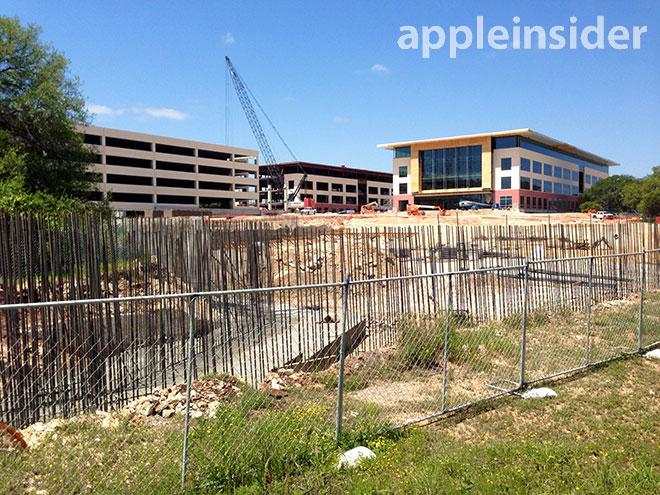
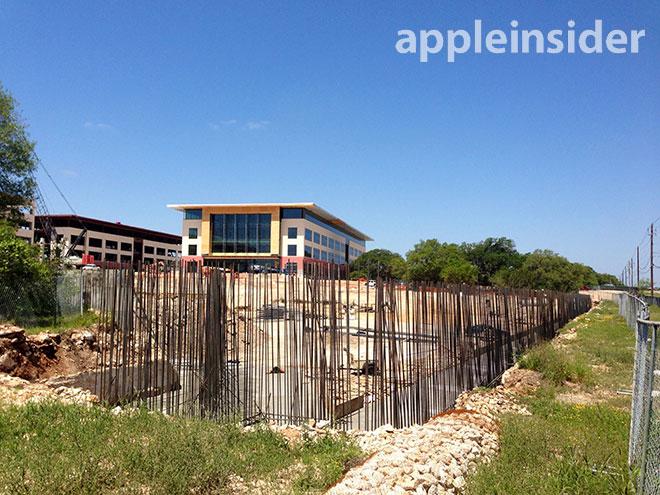
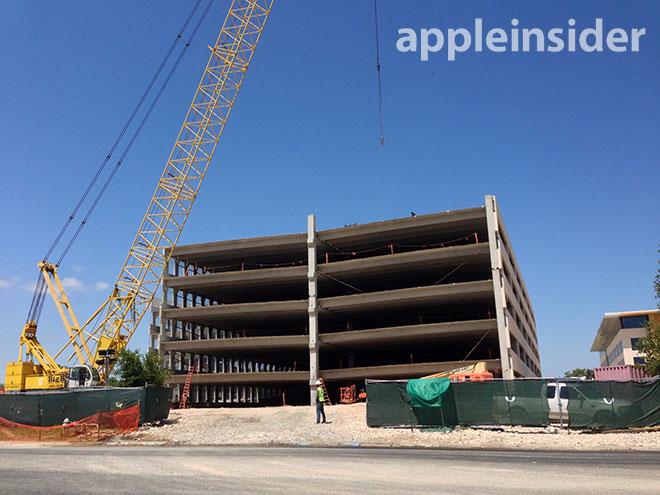
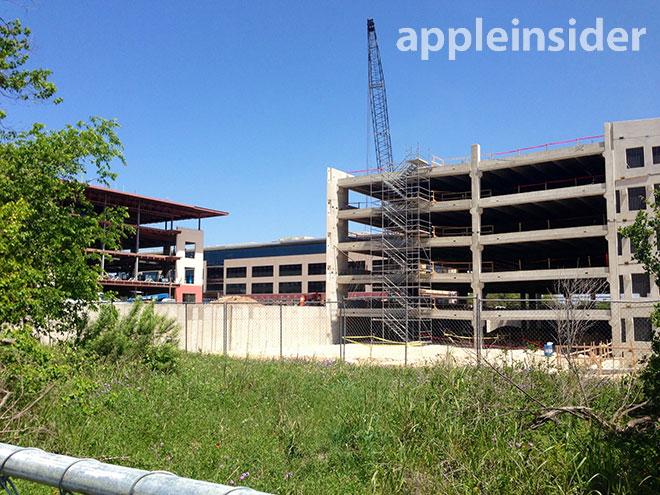
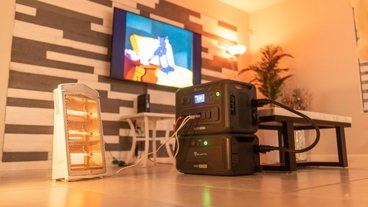


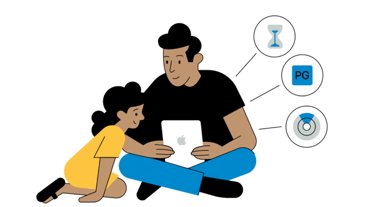
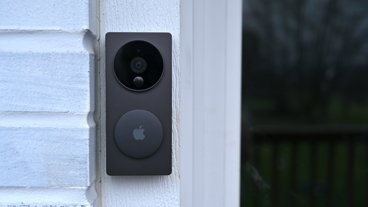



 Marko Zivkovic
Marko Zivkovic
 William Gallagher
William Gallagher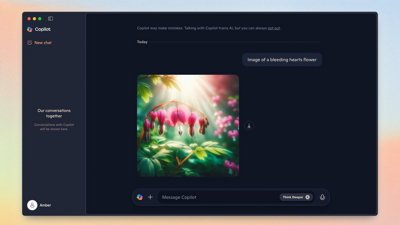
 Amber Neely
Amber Neely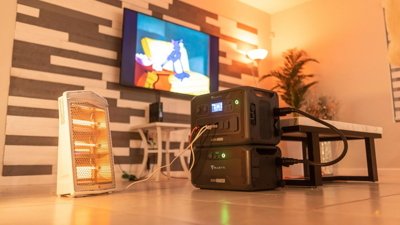
 Sponsored Content
Sponsored Content
 Christine McKee
Christine McKee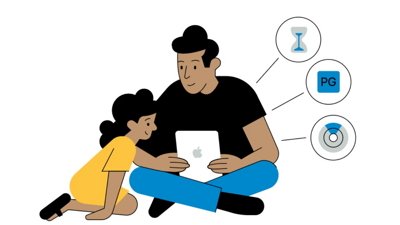
 William Gallagher and Mike Wuerthele
William Gallagher and Mike Wuerthele
 Malcolm Owen
Malcolm Owen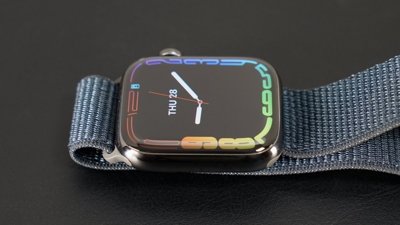




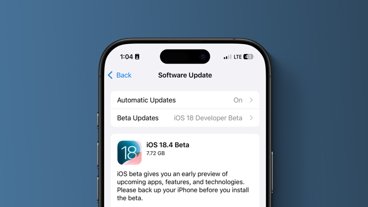





17 Comments
I thought this would also be mostly automated but if they are building a parking garage there must be a fair amount of employees, unless there is an odd law that requires parking based on sqft.
What I find incredibly interesting is the expansive growth of Apple at the moment without any hint (other than nebulous rumors) of their future projects. Apple is expanding their America's Operations Center aggressively [LIST] [*] 200,000 square feet of office space slated to cost $56 million in the initial phase with an estimated completion date in 2015 [*] 800,000 square feet of new operating space scheduled to be completed by the end of 2021 [/LIST] Apple is constructing at least two more data centers [LIST] [*] Apple is investing $1 billion over the next ten years in the Reno Technology Park which will feature 1.5 million square feet of space for [URL=http://appleinsider.com/articles/12/06/26/apple_to_invest_1b_in_nevada_data_center_business_facilities]Apple's data center[/URL] and is expected to go online later in 2012 [*] Apple may be close to having its Prineville, Ore., iCloud data center up and running in the [URL=http://appleinsider.com/articles/13/04/15/apple-now-hiring-for-oregon-data-center-as-project-moves-closer-to-completion]two 338,000 square-foot buildings[/URL] [/LIST] That sounds like a company that has very aggressive plans, in my opinion. In fact, that sounds like a company you would be nuts to beat against considering the last decade.
I thought this would also be mostly automated but if they are building a parking garage there must be a fair amount of employees, unless there is an odd law that requires parking based on sqft.
I thought I remembered reading that completed project is supposed to add 1 million sq. ft of office space for 3K employees, presumably with cars.
What I find incredibly interesting is the expansive growth of Apple at the moment without any hint (other than nebulous rumors) of their future projects.
Apple is expanding their America's Operations Center aggressively
Apple is constructing at least two more data centers
That sounds like a company that has very aggressive plans, in my opinion. In fact, that sounds like a company you would be nuts to beat against considering the last decade.
A transiiton to insourcing back to the States? Perhaps expansion as well but also redistribution of where they do things?
[quote name="jfc1138" url="/t/157112/fresh-photos-of-apples-austin-campus-show-nearly-completed-first-building-new-parking-garage#post_2314774"]A transiiton to insourcing back to the States? Perhaps expansion as well but also redistribution of where they do things? [/quote] Apple has sourced considerable labor within the United States. No one should believe for one moment that China will allow Apple or any other technology company to have significant manufacturing operations outside China. [URL=http://ngm.nationalgeographic.com/2011/06/rare-earth-elements/folger-text]China has the entire world in the palm of their hand[/URL] as least where technology is concerned.